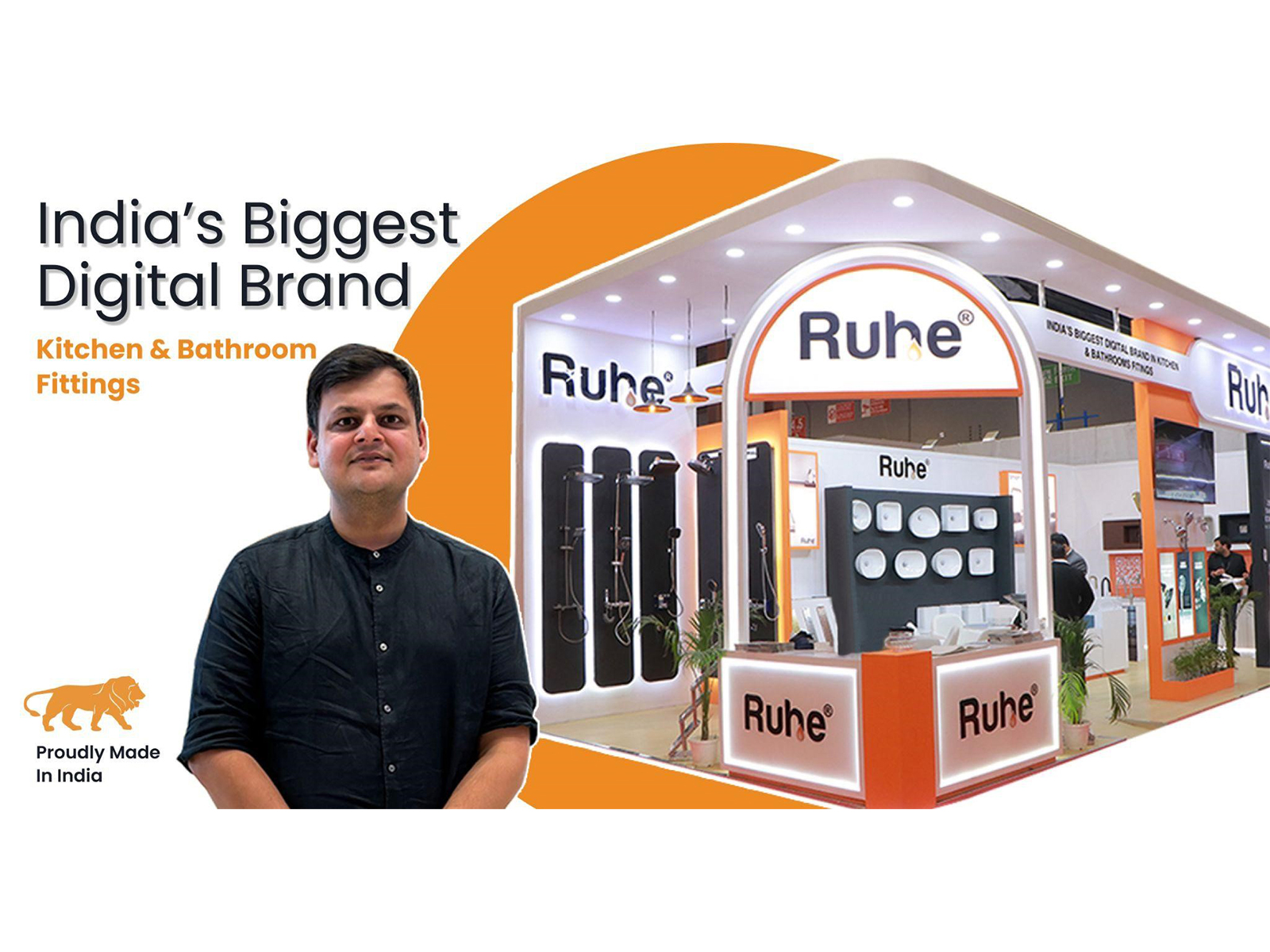E-tailing sector in India projected to grow at 18 pc by 2028-29: Report
May 12, 2024

New Delhi [India], May 12 : The e-tail sector in India which is expected to be nearly USD 60 billion in the financial year 2023-24, is projected to grow at a compounded annual growth rate (CAGR) of 18 per cent by 2028-29, according to a report by Knight Frank India, a property consultancy firm.
Electronic retailing (E-tailing) is the sale of goods and services through the Internet.
At the current levels of consumption across all retail categories, the revenue potential of all shopping centres across Tier 1 and Tier 2 cities is expected to grow at a CAGR of 23 per cent during the same period, it said in a report, titled 'Think India Think Retail 2024'.
The Indian retail industry is rapidly growing and accounts for 10 per cent of the country's gross domestic product (GDP) and 8 per cent of the workforce.
The sector is witnessing exponential growth with the development of shopping centres and new retail destinations, not just in major metros but also in Tier 2 cities.
"Leaving the series of disruptions in consumption during the pandemic years behind, the retail industry is back on track with a vengeance," the report noted.
ln the backdrop of the flourishing e-tail sector, it may be debated that the revenue potential offered by online spending far surpasses those of offline channels.
After careful assessment of the average trading densities in the 10 retailer categories across 58 high streets, the potential consumption in high streets is derived at nearly USD 3 billion for 2024-25.
Indian high streets occupy nearly 7 per cent of the total gross leasable area as compared to the shopping centre stock across all cities.
Further, the report said there is an exciting opportunity for shopping centre developers to capitalize on both Tier 1 and Tier 2 cities.
"While shopping centres in Tier 1 cities will continue to rule the roost, a first mover advantage in Tier 2 cities will distinguish credible branded players from the rest of the pack positioning their assets at the top of the brick-and-mortar story for the retail sector."
The construction of quality assets will make them viable for institutional purchases and attract nouveau brands.
"High streets, on the other hand, will thrive due to their legacy value. Certain retailer categories such as apparel, accessories, electronics and home and lifestyle have high trading densities on high streets, a trend witnessed across all the 29 cities which contributes to higher revenue generation for retailers on a per sq m basis," the report noted.
















